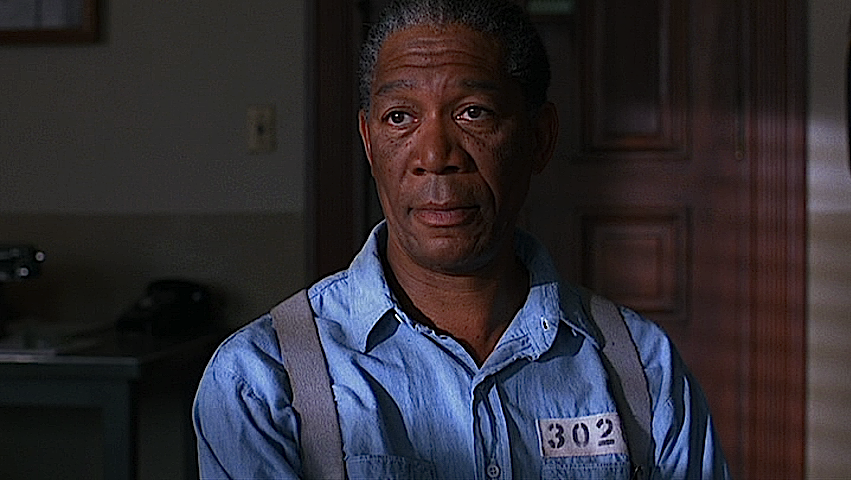-- I've written before about the book Better Never to Have Been: The Harm of Coming Into Existence by philosopher David Benatar. I've always asked, jokingly, "Did he dedicate it to his parents?" Well, a new article in the New Yorker reveals that he actually did. Bill Vallicella comments on Benatar's position, called anti-natalism, and actually points (here and here) to Christian anti-natalism: that is, that the Christian position should be to not bring any more people into existence.
-- "Flows of 'water' on Mars may actually be sand, new study reveals". I thought we already knew this. At least, I remember linking to a study that suggested it, but I can't find the post now, so it may have been on another blog.
-- The inestimable Edward Feser reviews the inestimable Daniel Dennett's most recent book, the inestimable From Bacteria to Bach and Back: The Evolution of Minds. Feser's review is entitled One Long Circular Argument. It begins thus:
How do you get blood from a stone? Easy. Start by redefining “blood” to mean “a variety of stone.” Next, maintaining as straight a face as possible, dramatically expound upon some trivial respect in which stone is similar to blood. For example, describe how, when a red stone is pulverized and stirred into water, the resulting mixture looks sort of like blood. Condescendingly roll your eyes at your incredulous listener’s insistence that there are other and more important respects in which stone and blood are dissimilar. Accuse him of obscurantism and bad faith. Finally, wax erudite about the latest research in mineralogy, insinuating that it somehow shows that to reject your thesis is to reject Science Itself.
Of course, no one would be fooled by so farcical a procedure. But substitute “mind” for “blood” and “matter” for “stone,” and you have the recipe for Daniel Dennett’s From Bacteria to Bach and Back.
I haven't read the book yet, but that description sums up Dennett's whole oeuvre so well it's a little disturbing.
-- J.R. Lucas, "The Gödelian Argument: Turn Over the Page", Etica e Politica 5/1 (2003).
-- Peter van Inwagen, "The Compatibility of Darwinism and Design", in Neil A. Manson, ed., God and Design: The Teleological Argument and Modern Science (New York: Routledge, 2003).
-- Ted Chiang, "The Truth of Fact, the Truth of Feeling", Subterranean Press (this last one is science-fiction, if you're wondering).








